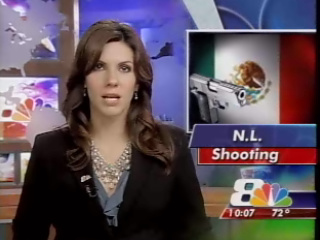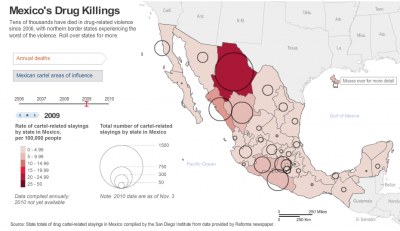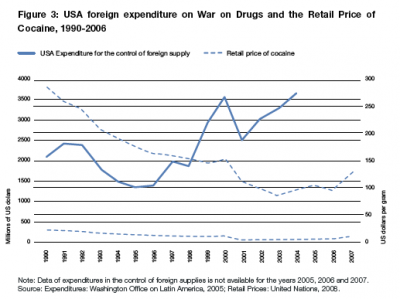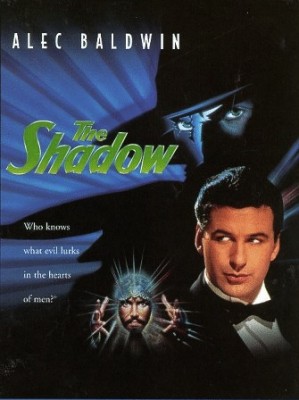
I was taking a break from a stack of work and watched a bit of the Australian Open on TSN here in Montréal. I saw the above attack ad by the Conservative Party of Canada, targeting Liberal Party of Canada leader Michael Ignatieff, and I was wondering if it was recycled, since the rhetoric was rather familiar. After some research, I saw that impolitical, who is always on top of these things, already blogged about the new campaign. In a phrase, “forced and desperate”. This ad is one of several attack ads on the CPC YouTube channel. I could analyze these ads but this overview in the National Post pretty much says what I wanted to say {also has the ads embedded in the post}.
I think strategically this crop of ads is phoning it in. Maybe PM Stephen Harper is believing the hype that he can eradicate the Liberals. This “stay the course ad” doesn’t inspire and only makes sense if the Conservatives wanted to hold onto a comfortable majority in Parliament, not get one::

The rest of the ads represent, in my opinion, muddled thinking and a lack of strategic prowess. The attacks on Ignatieff are saying nothing new and border on making Stephen Harper and the Conservatives look like bullies. Attacking the NDP’s Jack Layton definitely makes Stephen Harper and the Conservatives look like bullies. Plus, here in Québec, the ads are targeting the Bloc’s Gilles Duceppe {in French, but you can get the drift with the on-screen text}::

Layton is a relatively popular leader of a relatively unpopular party. Attacking Layton, rather than the NDP, is an interesting way to go. I tend to agree with the conventional wisdom that a strong NDP erodes Liberal support by splitting the vote on the left, so attacking the NDP only makes sense if the objective is to get converts. If the strategy is to shift support from the NDP to the Conservatives, that’s an uphill battle. In 2010, those polled by EKOS who support the NDP are more likely to support {as a second choice} the Liberals, no other party, or the Greens, in that order, rather than the Conservatives. Attacking Duceppe on his home turf, as opposed to showing the positives of the Conservative Party for Québec, seems downright reckless. Bloc Québécois supporters’ second choice is no other party, the NDP, the Greens, and then the Liberals and Conservatives, in that order.
Over the holidays, I heard a pundit on CBC radio saying that it might be the end of the road for all of the party leaders including Harper. He hasn’t obtained a majority and if this is part of his bid to do so, I think it’s a risky strategy. The negativity runs the risk of coalescing ABC, anything but Conservative, sentiments and fostering strategic voting. While in the US there’s a call to tone down the negative rhetoric, the CPC is turning the heat up.
It’s always better to be lucky than good and I’ve always wondered when Harper’s luck would run out. With this advertising strategy, I wonder if his time is up.
As for the featured 2nd. round matches at the Australian Open, Venus Williams and Maria Sharapova advanced.
Twitterversion:: [blog+videos] The Offensive Offensive:: Conservative Attack Ads Target Ignatieff http://t.co/KOkTFPZ #ThickCulture

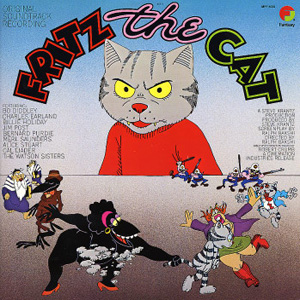
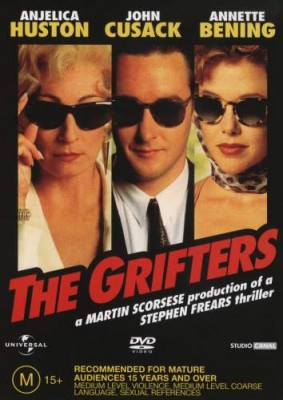 There are times when I feel Salon.com should be accompanied by a laughtrack or at least a wide assortment of humourous sound effects from
There are times when I feel Salon.com should be accompanied by a laughtrack or at least a wide assortment of humourous sound effects from 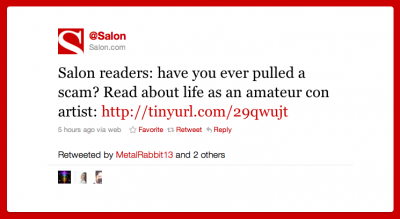
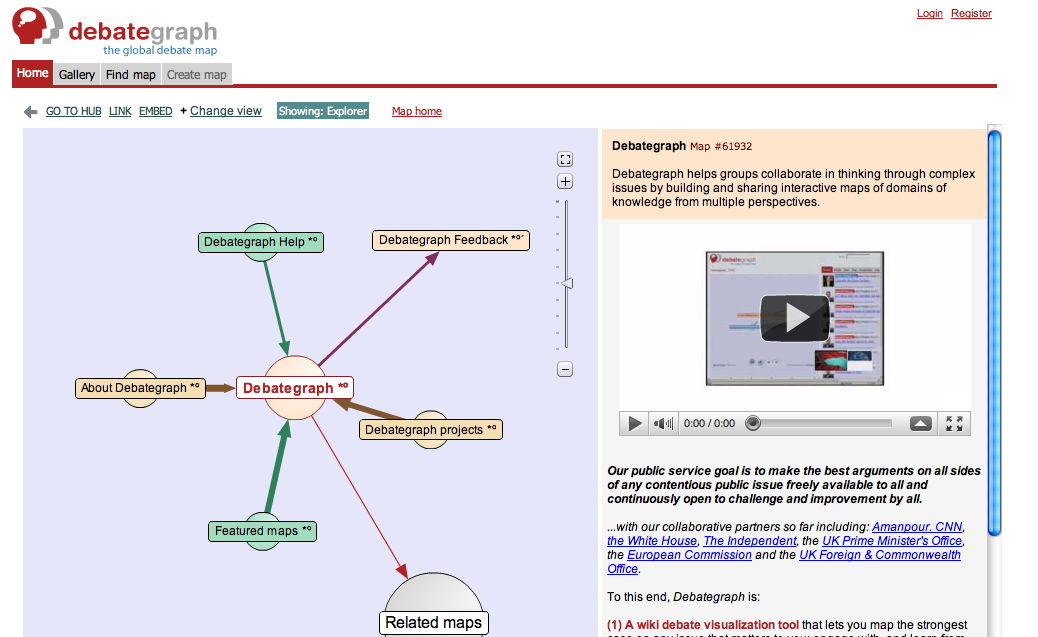

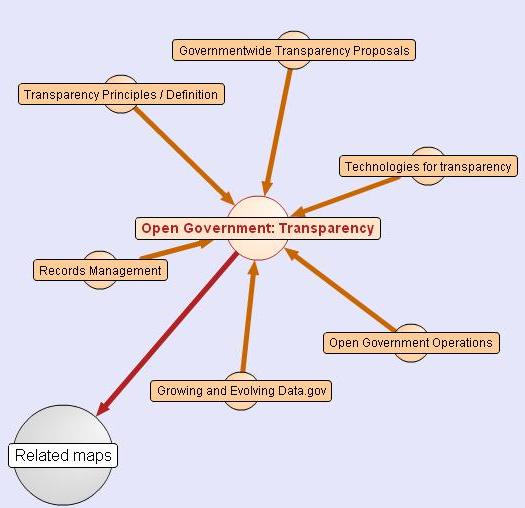
 The
The 

